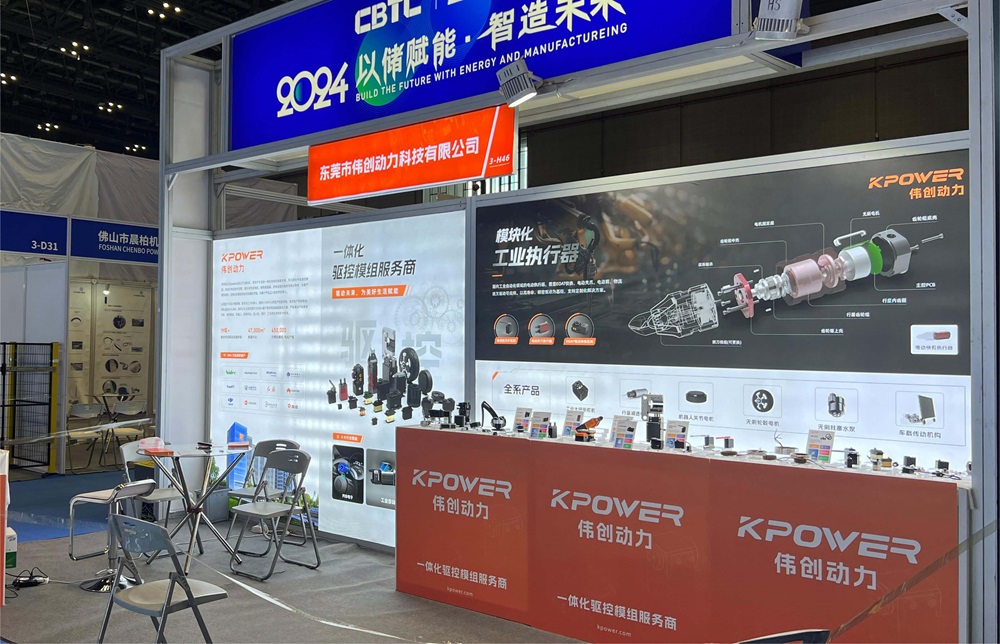In the fast-paced world of eCommerce, businesses are constantly looking for ways to optimize their operations, increase efficiency, and improve customer satisfaction. One solution that has been gaining traction is microservices architecture. So, what exactly does this mean for your online business?

Let’s start with the basics. Microservices architecture breaks down a large, complex system into smaller, independent services. Each service is responsible for a specific function, and it can operate on its own without disrupting the entire system. This is a game-changer for eCommerce platforms, where the complexity of handling inventory, payments, user accounts, and orders can easily overwhelm a single system.
Take, for example, an online store. Imagine if your checkout process went down—what would happen to your sales? Or, think about how frustrating it is for customers when a site crashes because one part of the system fails. With microservices, each component (like payments, inventory, shipping) is isolated. If one service faces an issue, the others can still run smoothly.
Now, you may be wondering, "How can this really benefit my business?" Well, microservices allow for better scalability. As your business grows, you can expand specific parts of your site without overhauling the entire platform. For example, during a holiday sale, you might need to ramp up the payment system to handle a sudden surge in transactions. With microservices, you can do this without disrupting the rest of the site, which means better customer experiences.
Another massive advantage is faster updates and flexibility. In traditional monolithic systems, making changes can be cumbersome and risky. Microservices, on the other hand, allow for faster rollouts of new features or bug fixes. Need to change how your checkout page looks? Easy. Want to integrate a new payment method? No problem. These changes can be implemented in isolated services, so there’s no need to worry about breaking the whole site.
But wait—doesn't all this sound like a lot to manage? It’s true that microservices require careful orchestration. But with the right tools and expertise, businesses can automate much of the maintenance, ensuring smooth operation. Plus, because each service is independent, you can delegate tasks to specialized teams, improving efficiency and reducing bottlenecks.
What about cost, you ask? While microservices may seem like a significant investment up front, the long-term benefits often outweigh the costs. By scaling services individually, businesses can optimize resource usage, reduce downtime, and improve the user experience. Over time, the flexibility and efficiency lead to reduced operational expenses.
One thing to keep in mind: security. Microservices can be more secure than monolithic systems because each service has its own security protocols, making it harder for hackers to infiltrate the entire system. With robust encryption and authentication practices, businesses can better protect their customers’ data.
In the end, adopting a microservices architecture for eCommerce is about empowering your business. It gives you the agility to scale, adapt, and improve at a pace that suits your needs. Customers get a smoother experience, your business operates more efficiently, and you can respond to changes in the market faster than ever before.
So, if you're looking to boost your eCommerce platform’s performance, consider how microservices could be the key to taking your business to the next level.
Established in 2005, Kpower has been dedicated to a professional compact motion unit manufacturer, headquartered in Dongguan, Guangdong Province, China. Leveraging innovations in modular drive technology, Kpower integrates high-performance motors, precision reducers, and multi-protocol control systems to provide efficient and customized smart drive system solutions. Kpower has delivered professional drive system solutions to over 500 enterprise clients globally with products covering various fields such as Smart Home Systems, Automatic Electronics, Robotics, Precision Agriculture, Drones, and Industrial Automation.




































